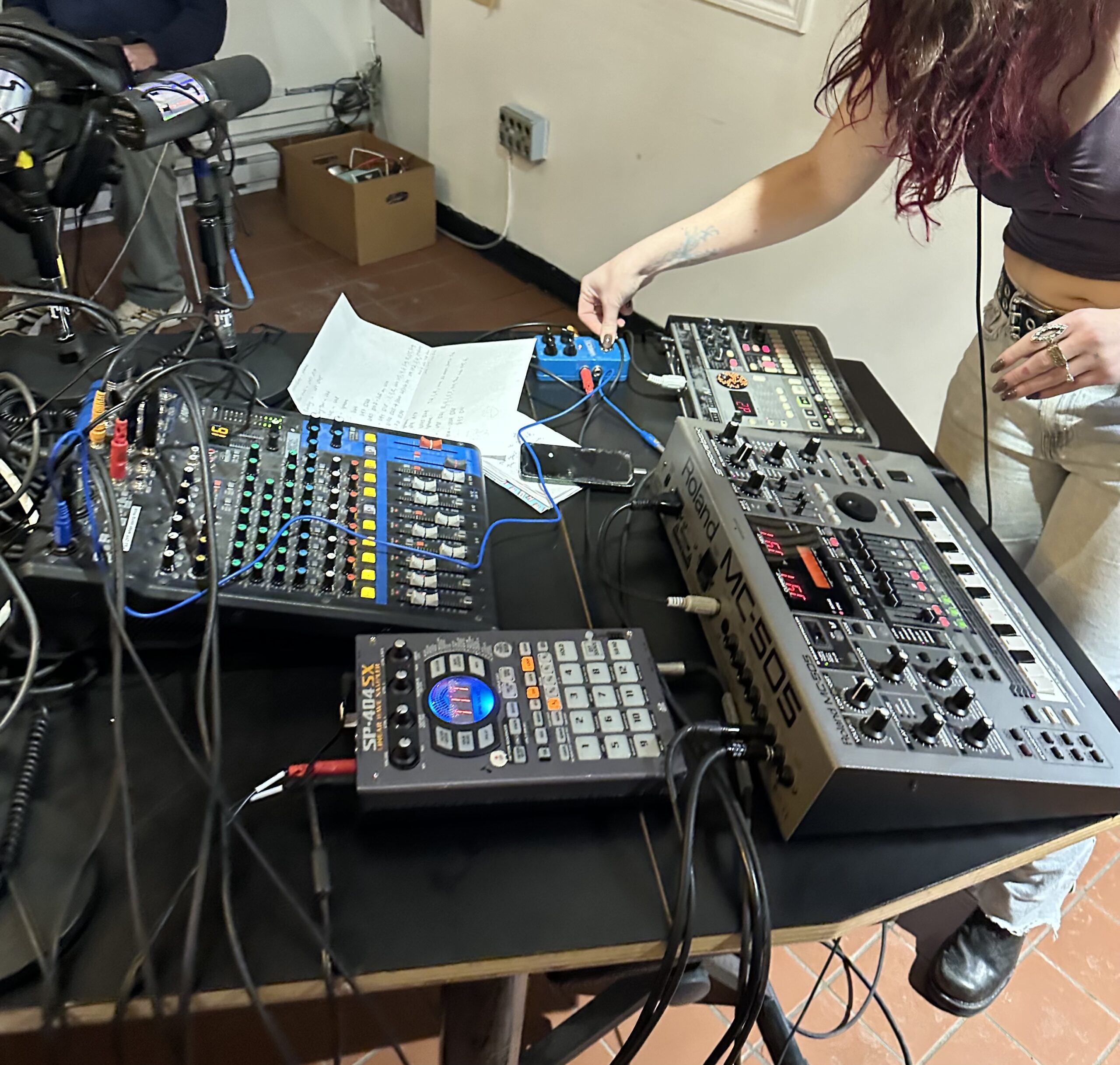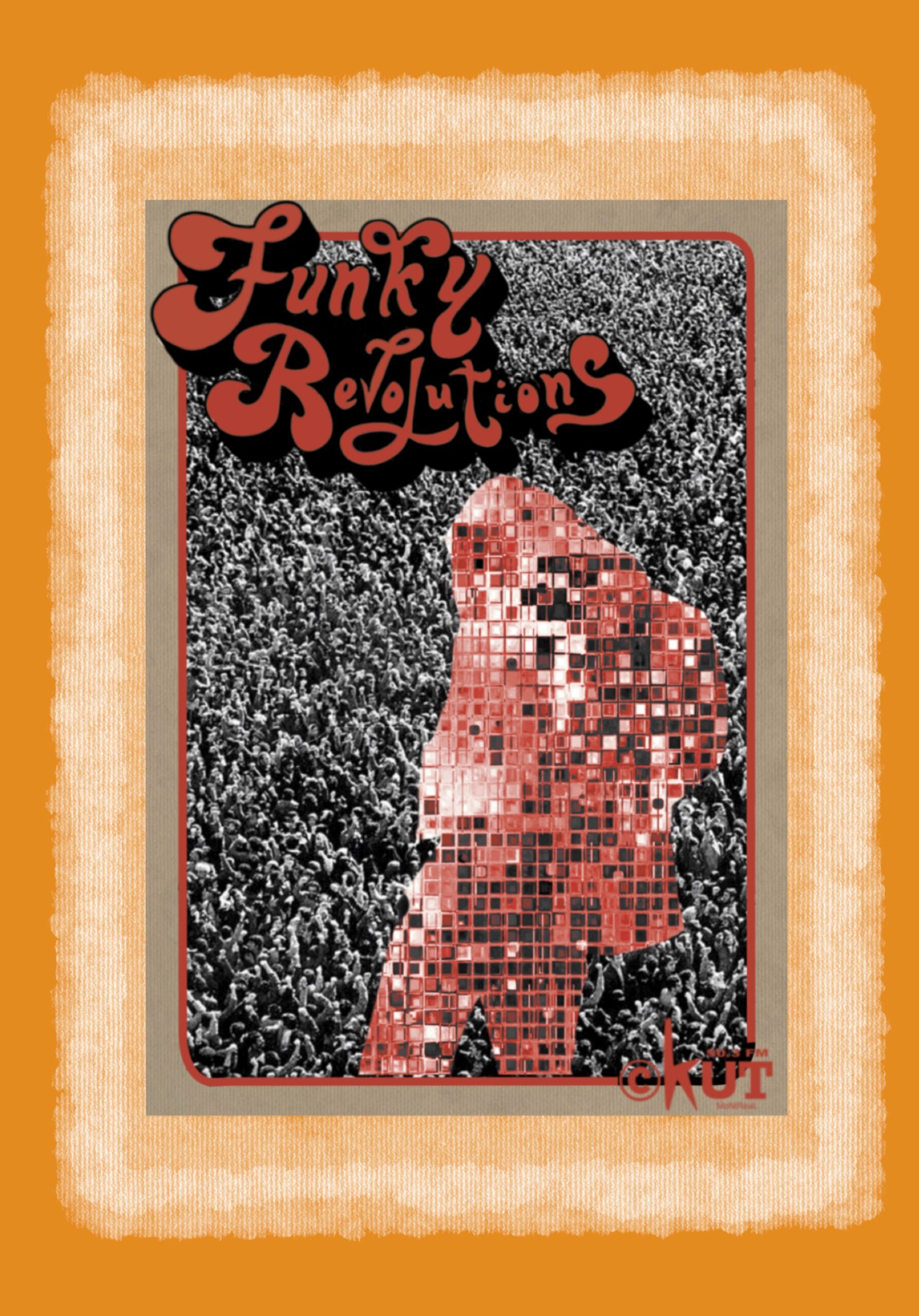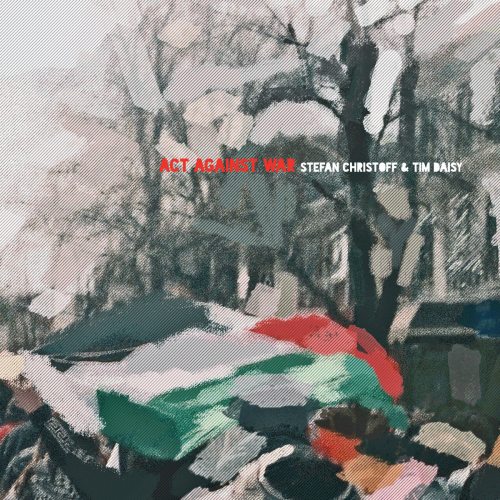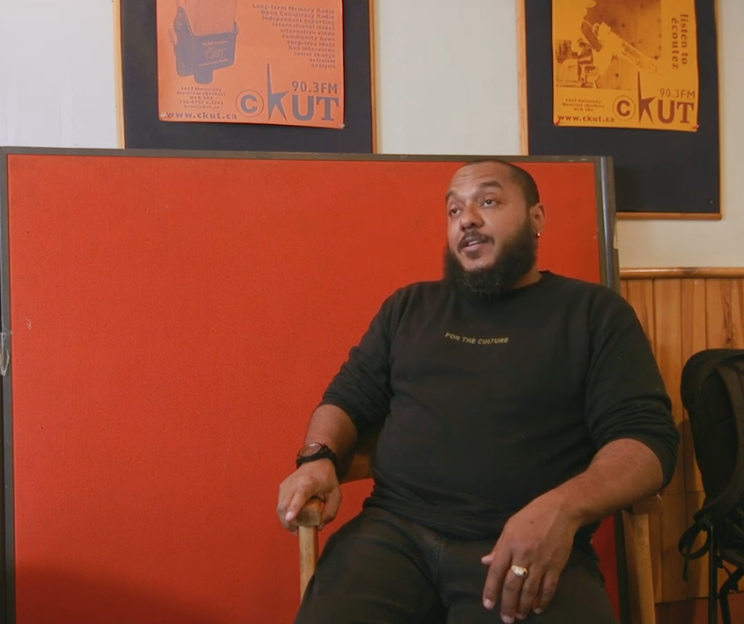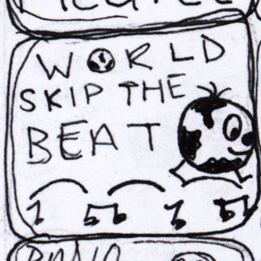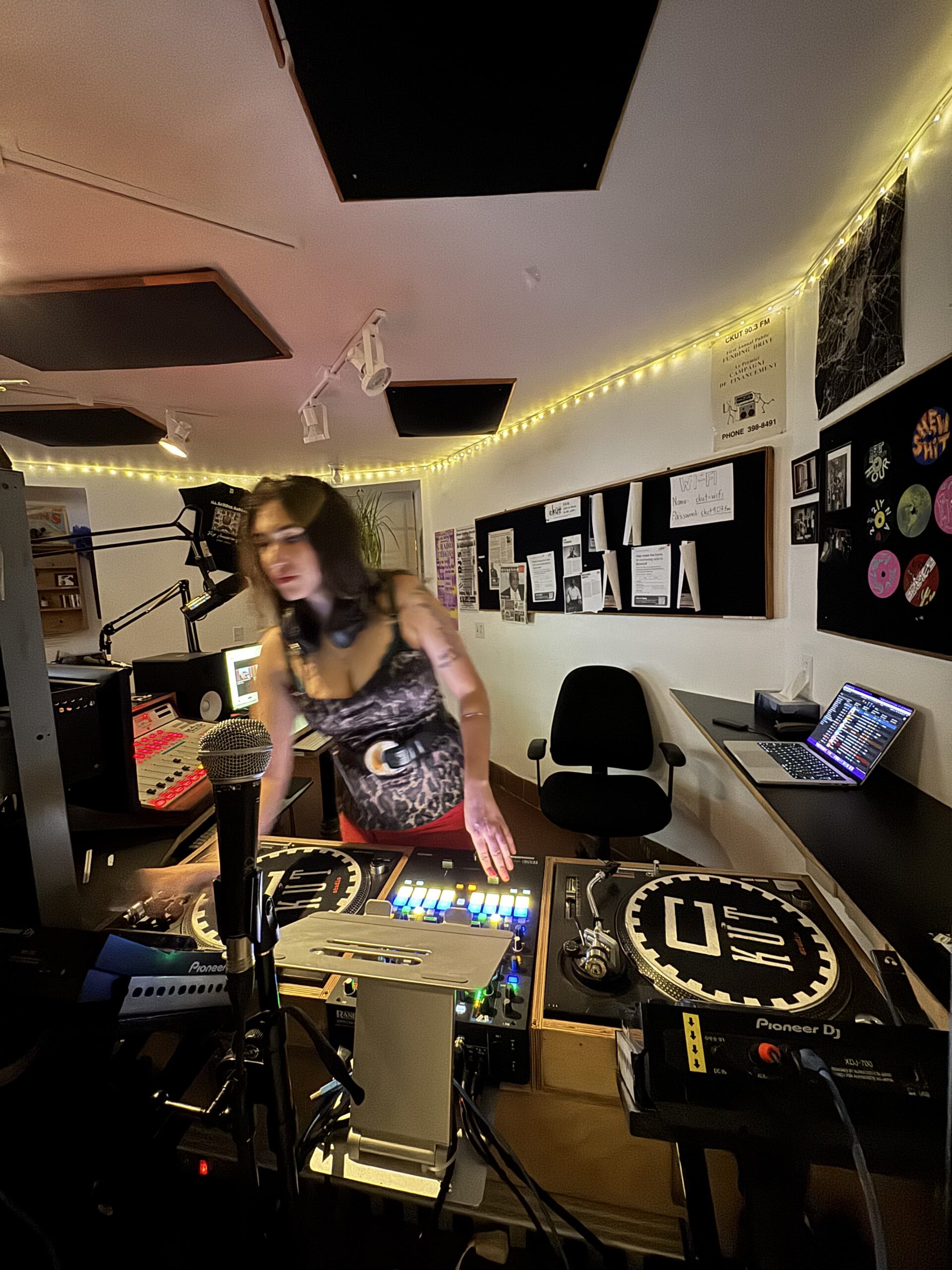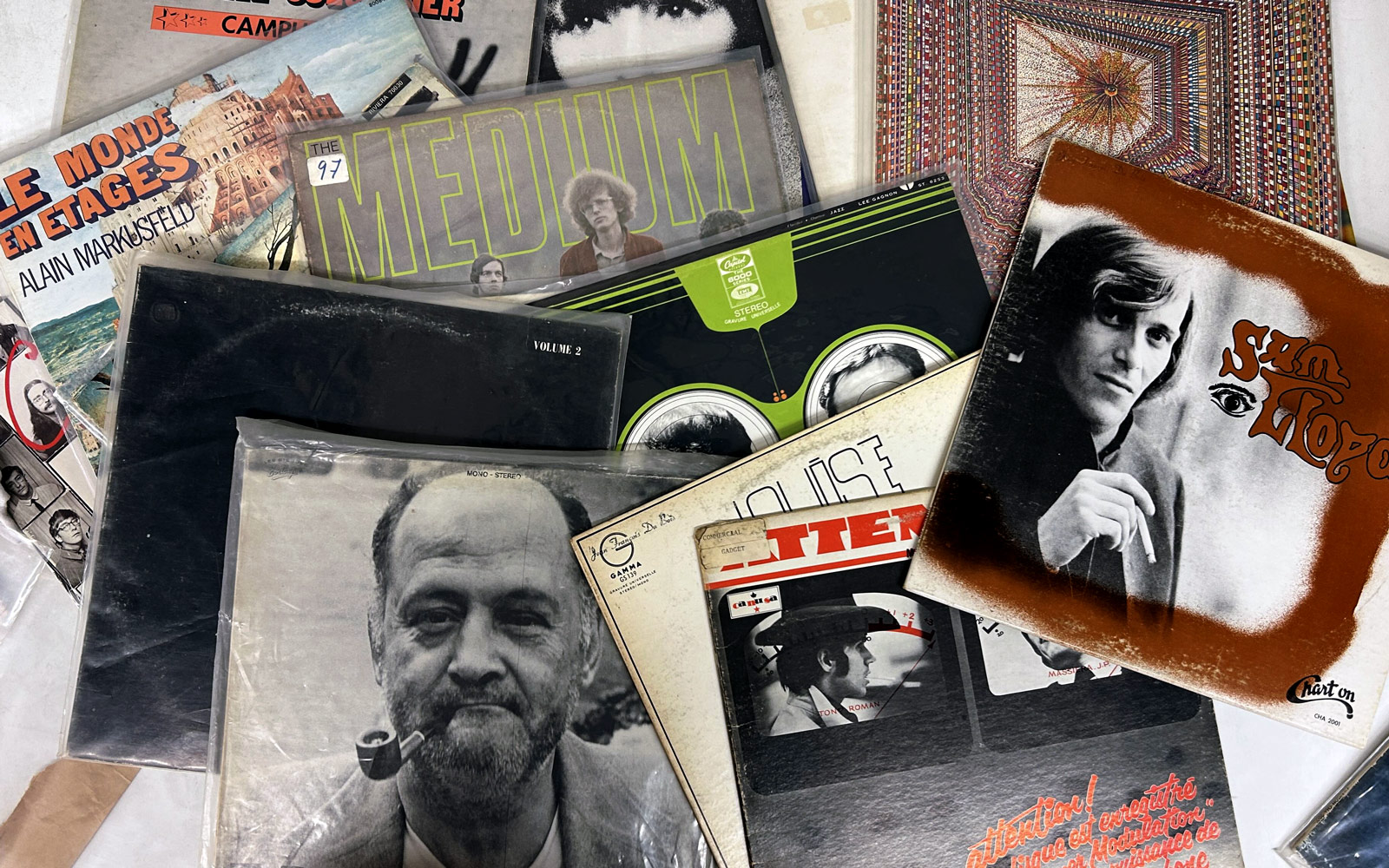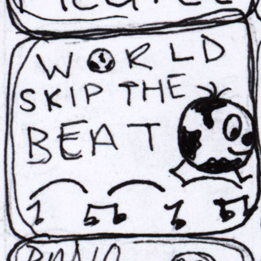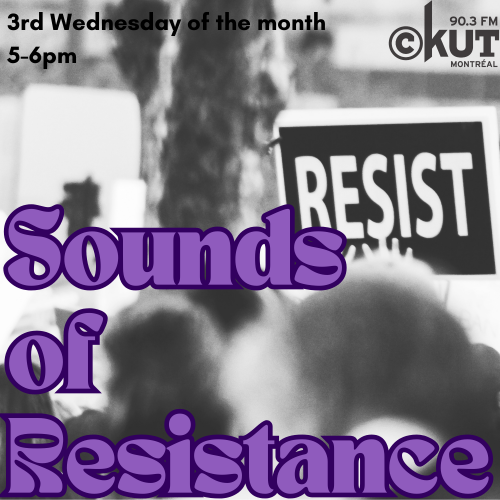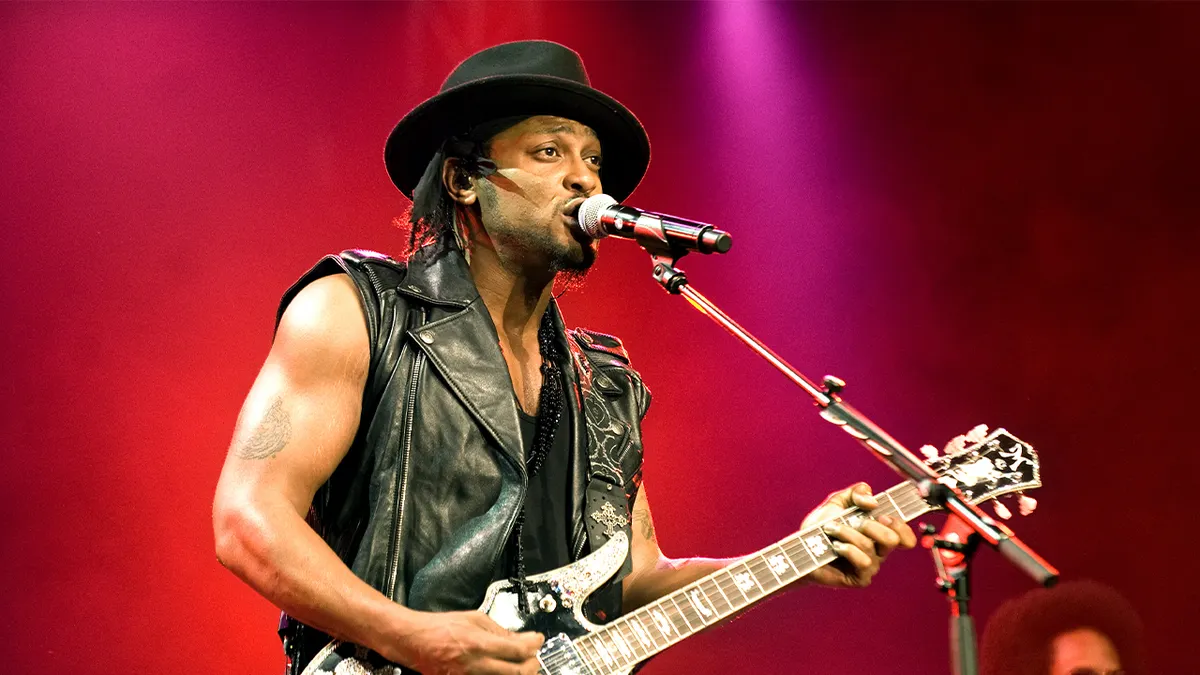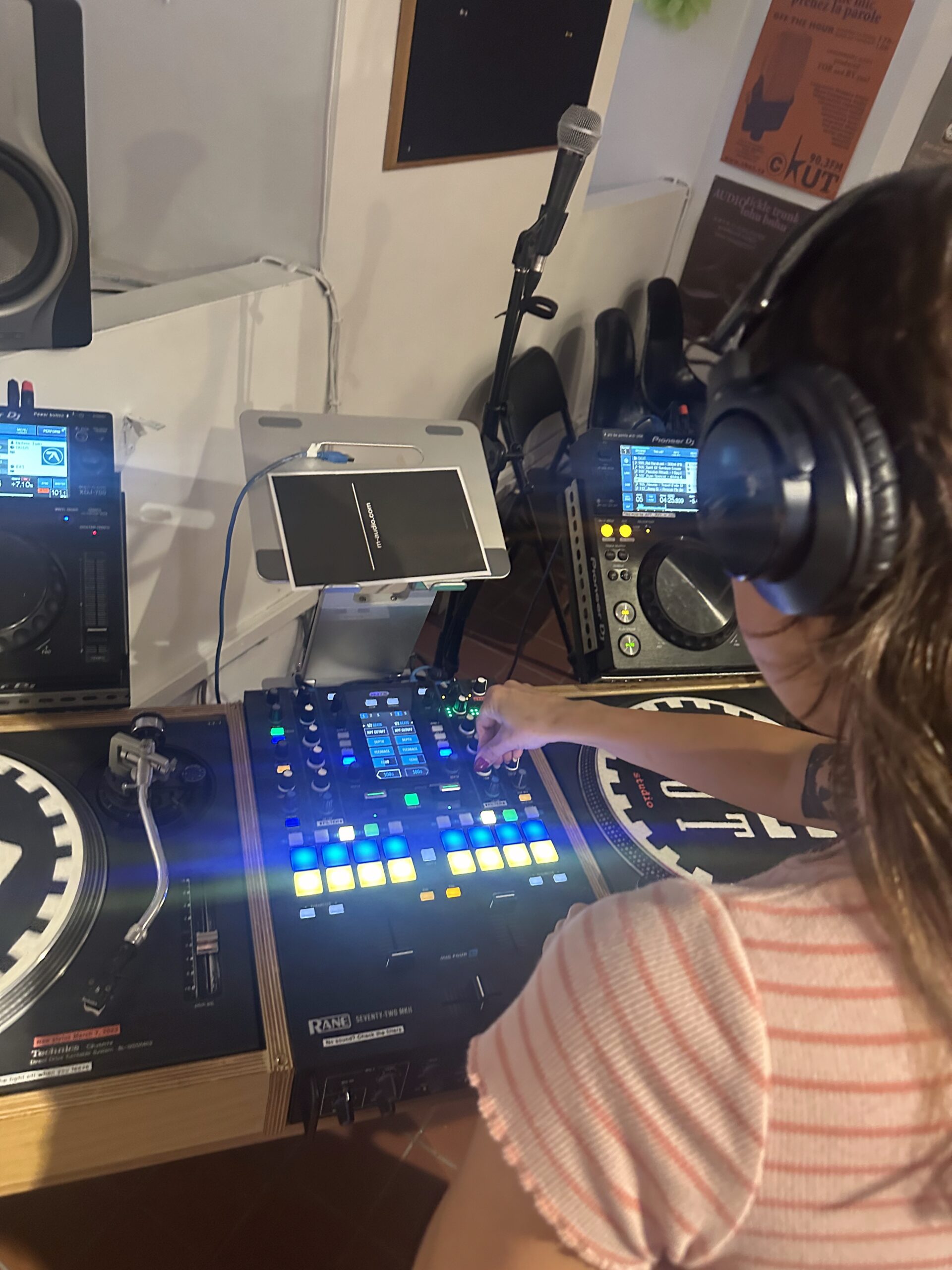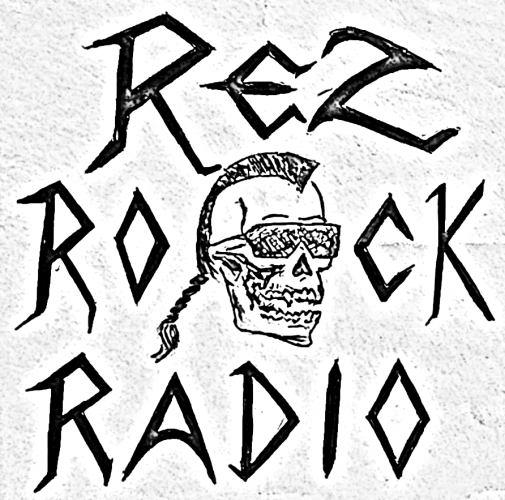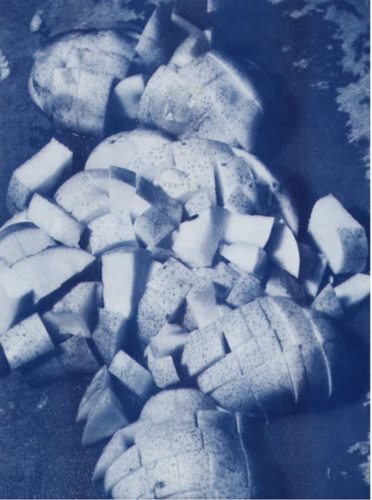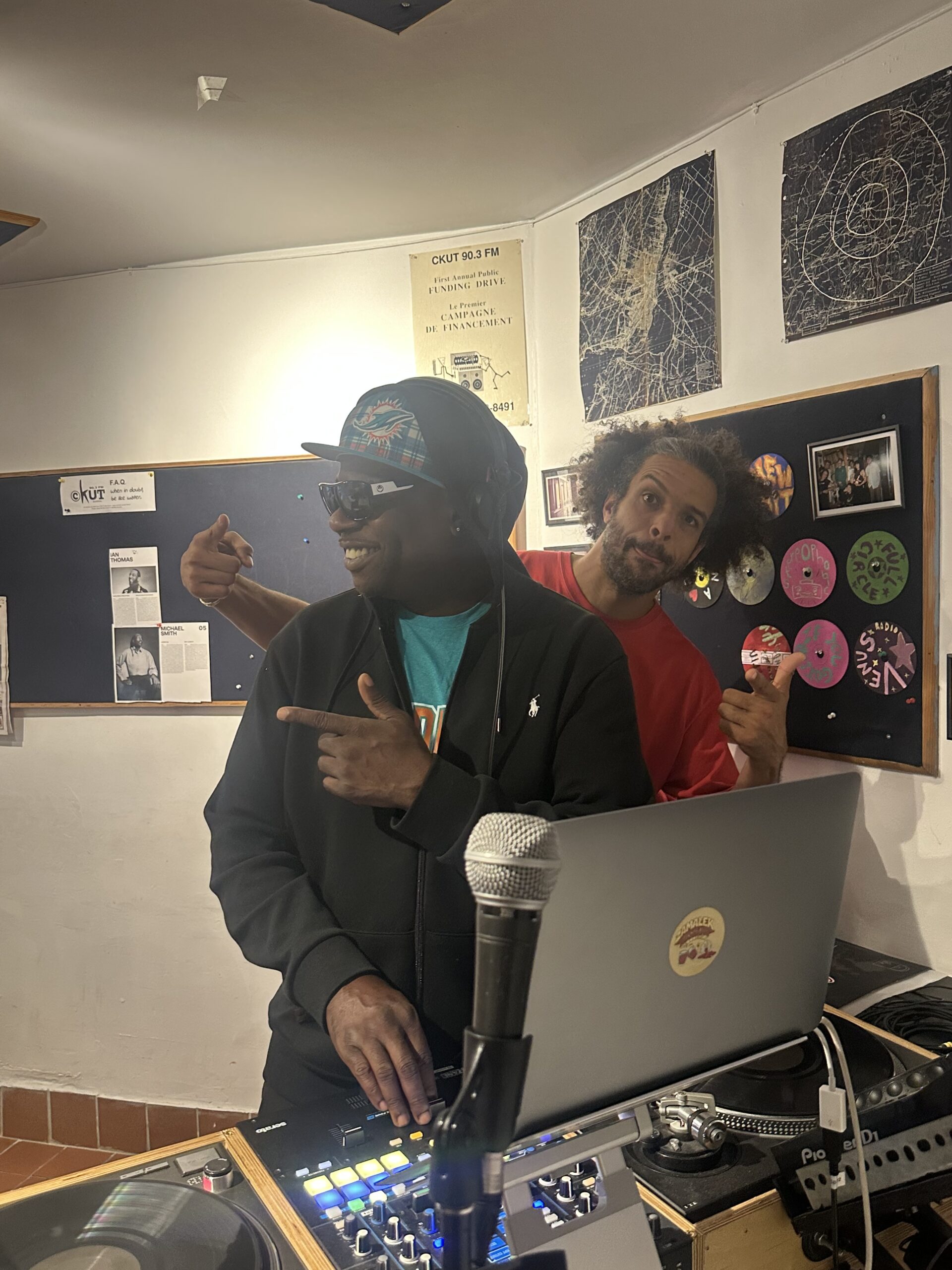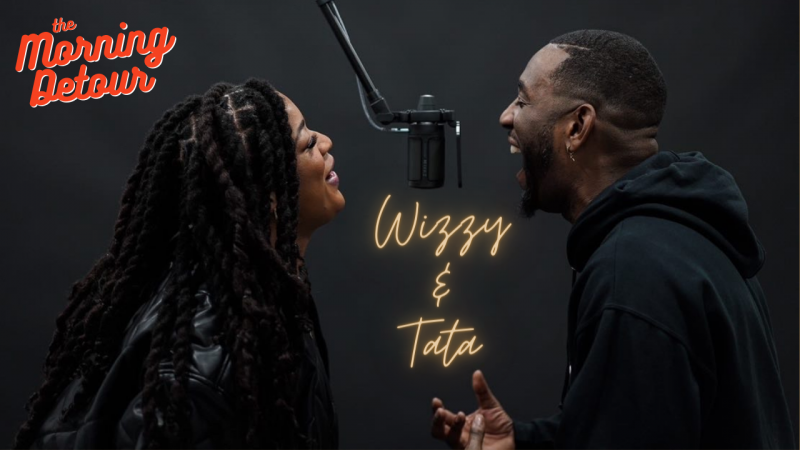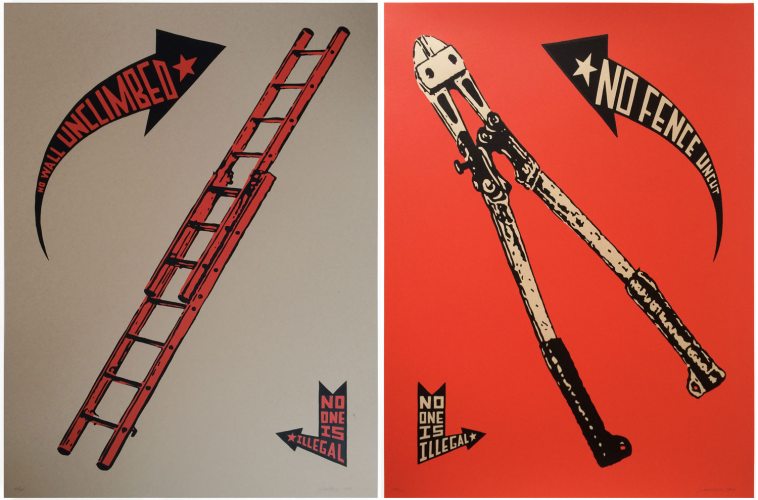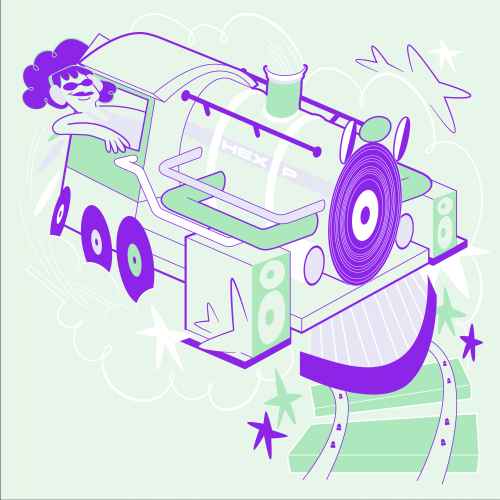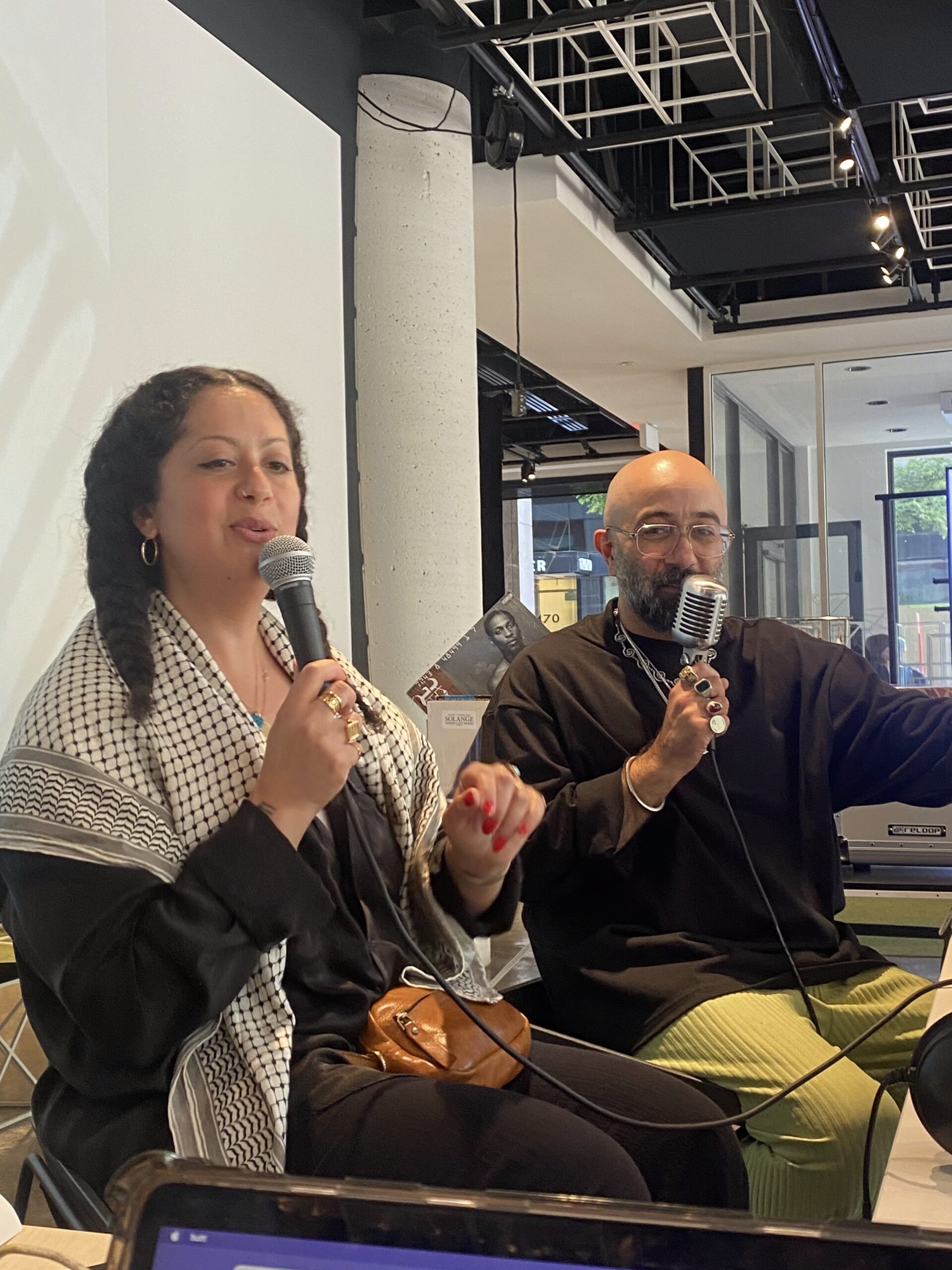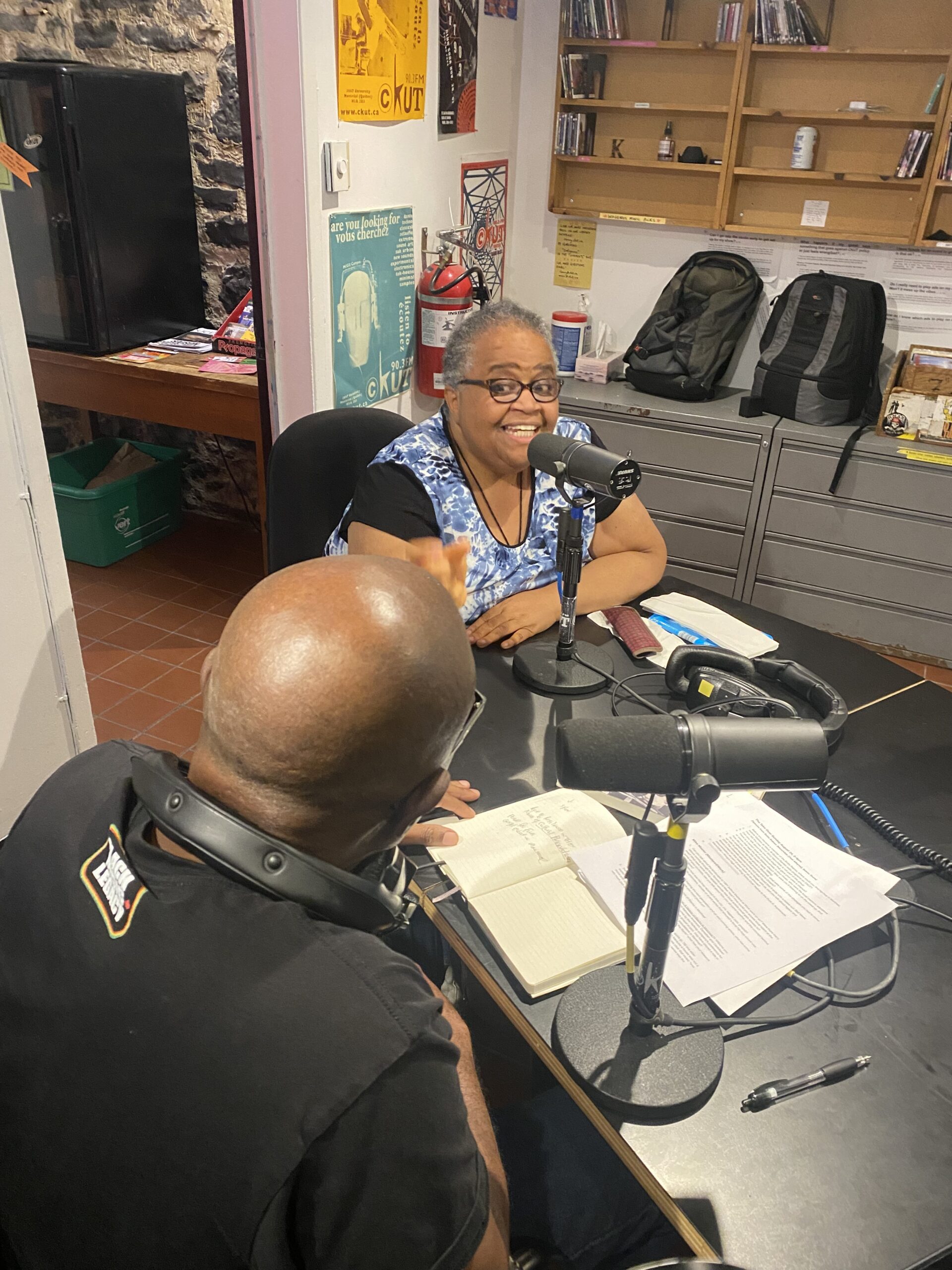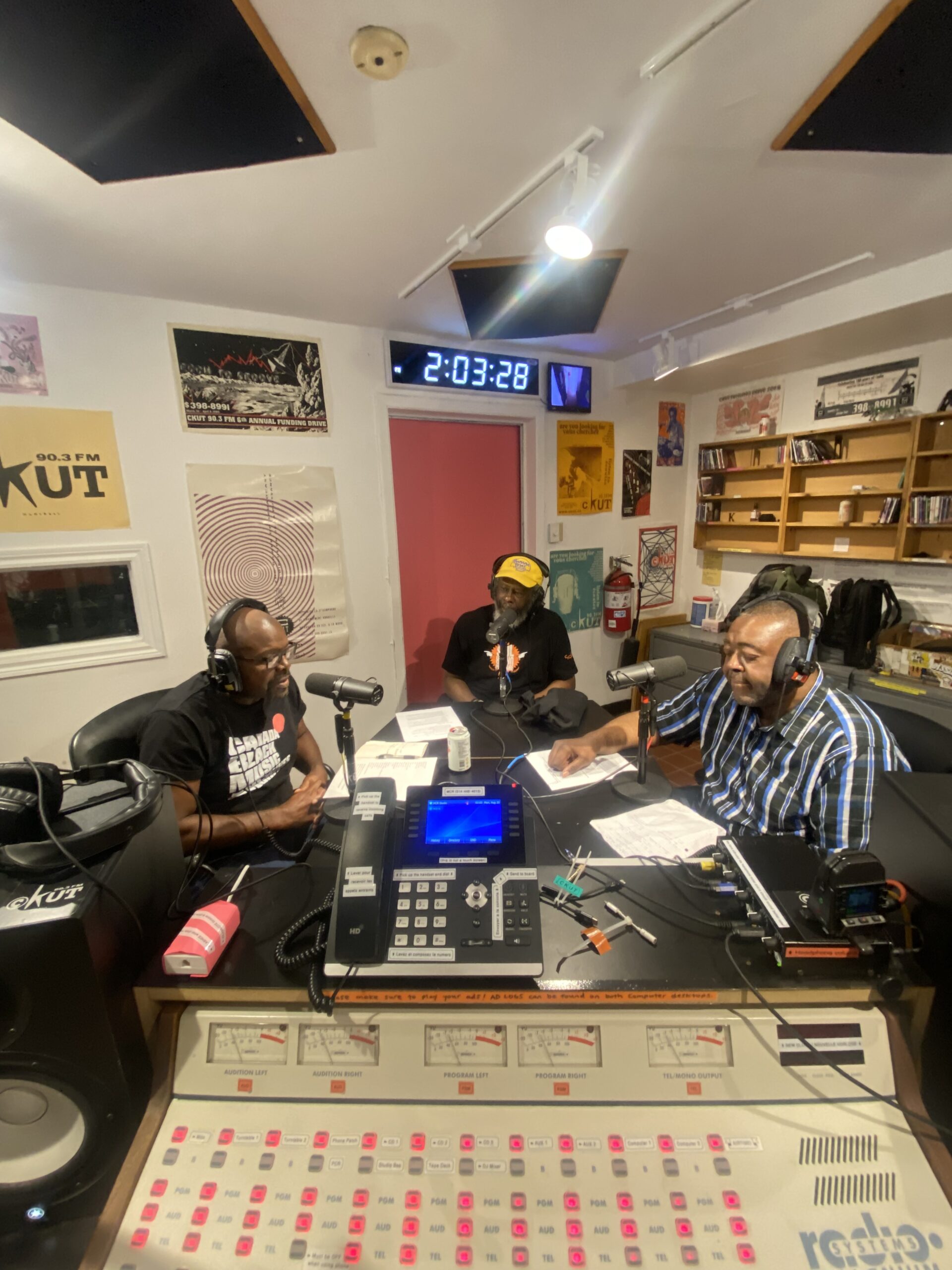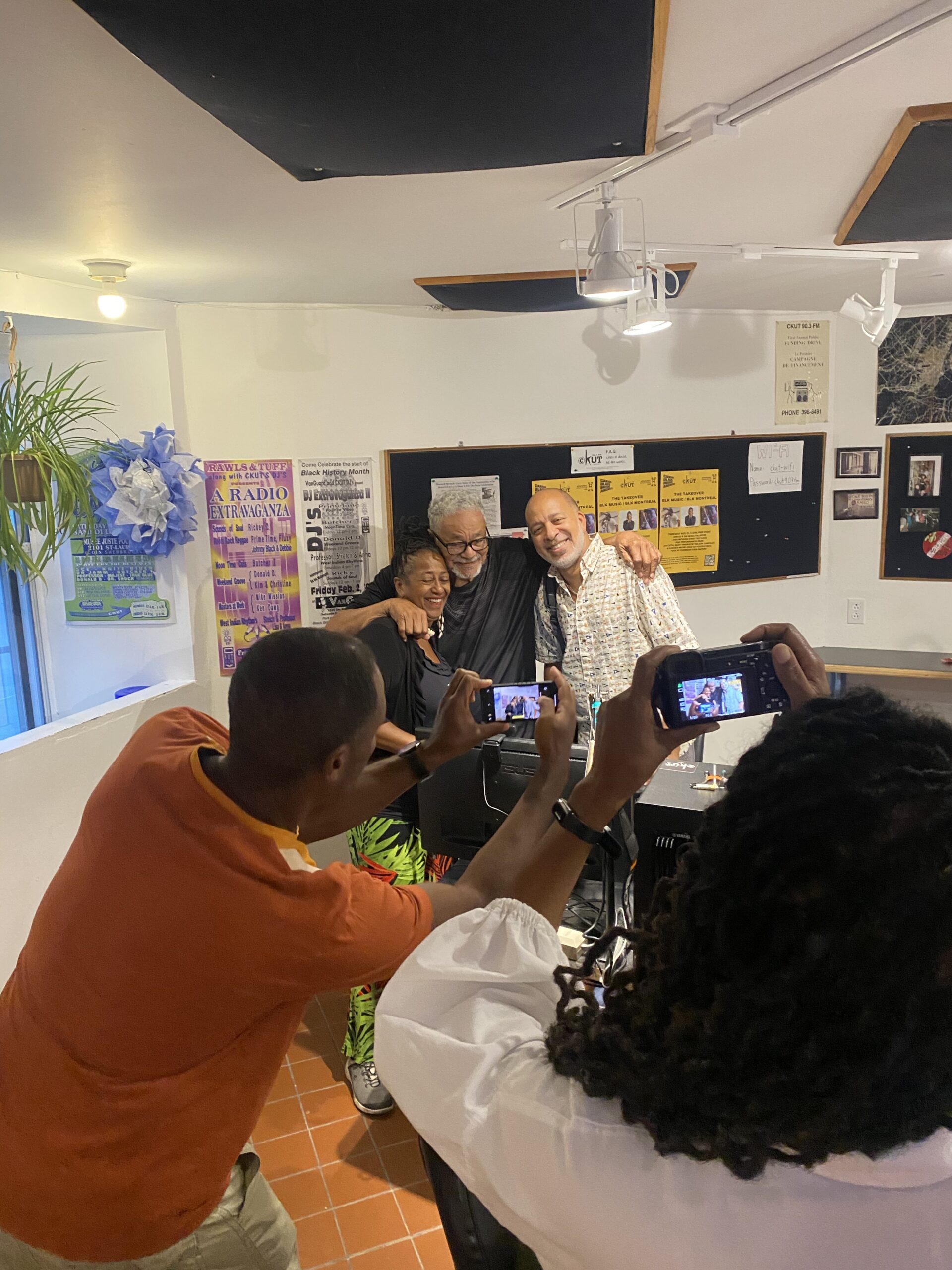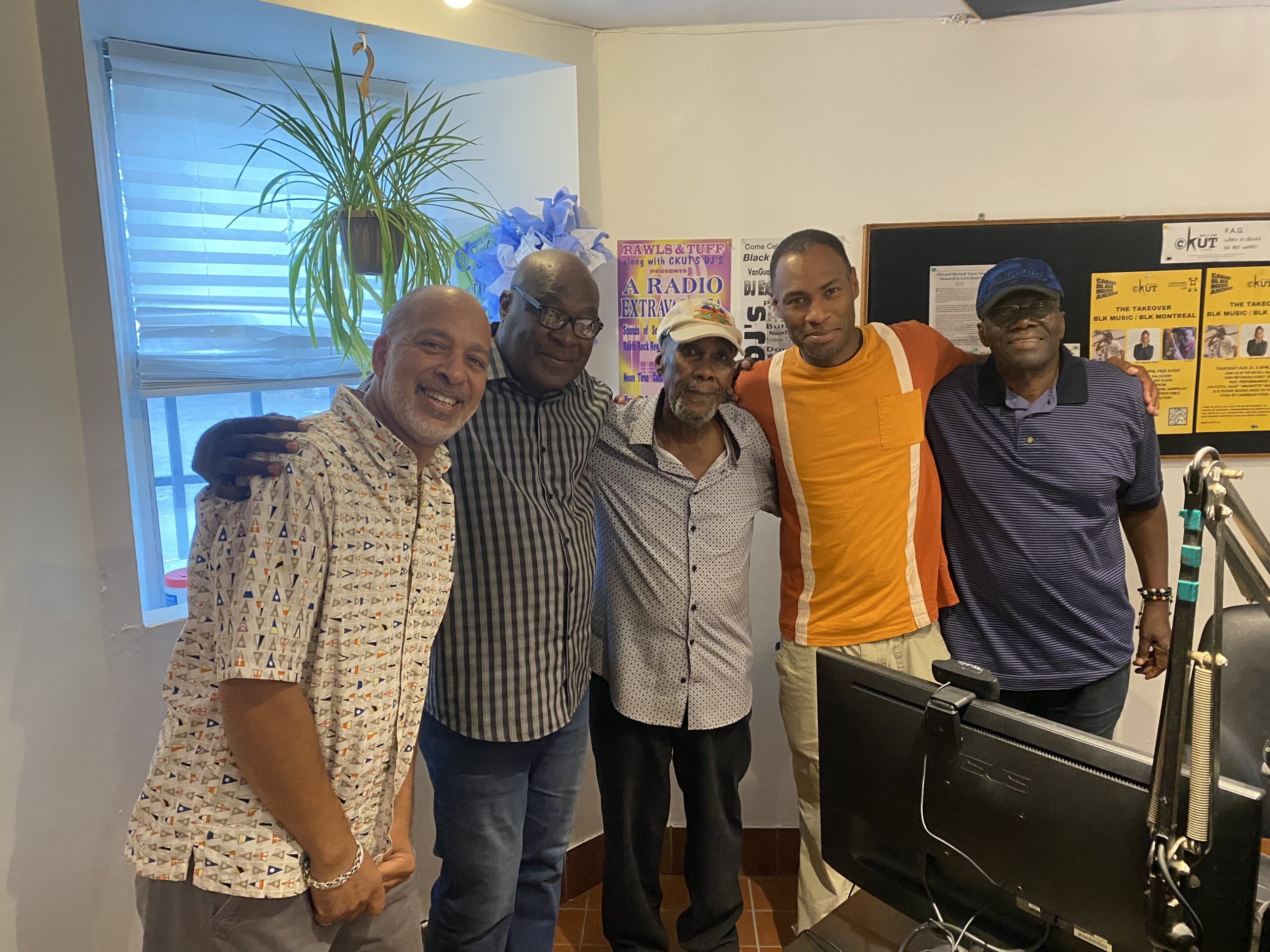Reclaiming Soundsystem Culture: A Conversation with MORPH
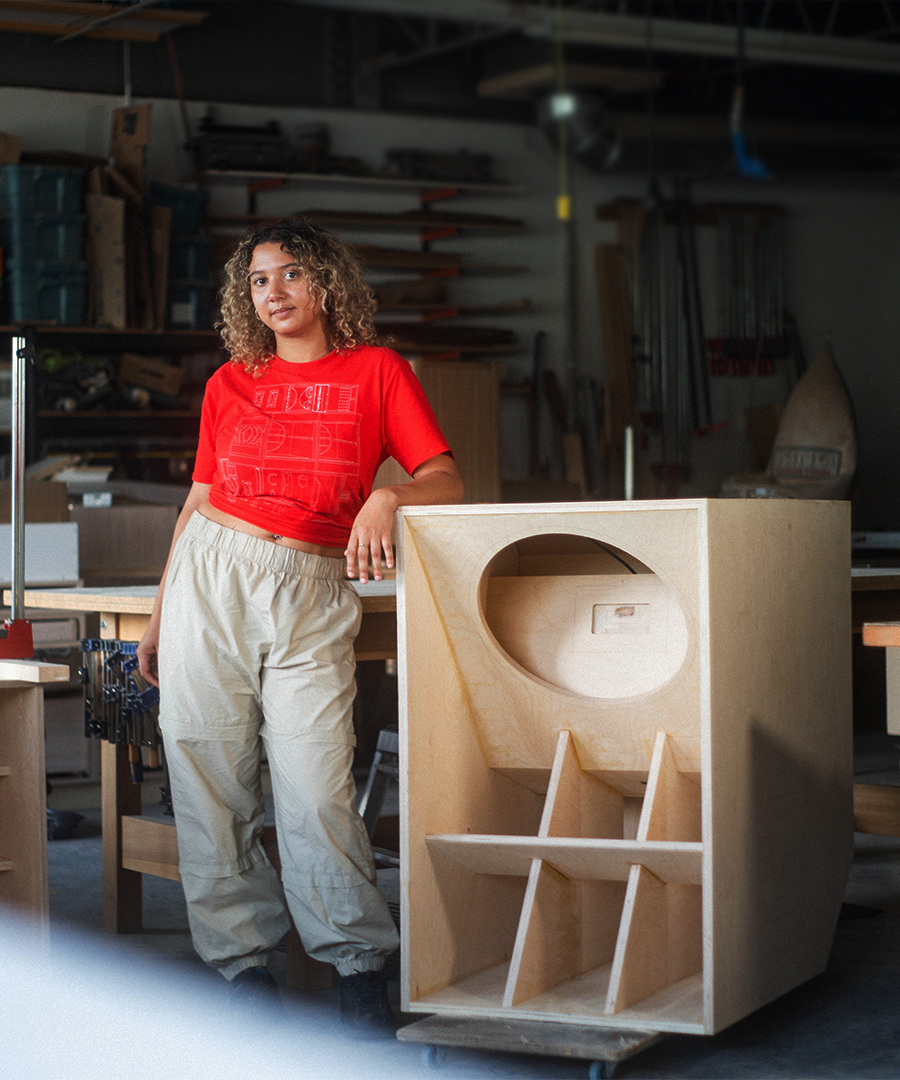
Honeydrip next to her newly-built subwoofer (photo credit: Felix Bonnevie)
Ever since its inception in 2024, MORPH Sound System has been contributing to an accessible and inclusive future for Montréal’s electronic music scene. MORPH is a femme and queer-run sound system that aims to give marginalized groups access and agency over musical spaces that have been historically closed off to them. Through workshops, performances, and events, they want to demystify the process of building speakers and running a sound system.
On October 11th, MORPH is hosting a fundraiser at Parquette to ensure they can continue to offer their workshops and services at an affordable price. The day will start with talks about sound system culture and speaker-building workshops, and it will transition into an array of DJ and live sets from some of the most promising underground talents in Montréal.
Last week I had a chat with Honeydrip, the founder of MORPH and one of its leading members. During our conversation, we spoke about the origins of the project, her hopes for the upcoming fundraiser, and a sound system’s potential to be a vital community space.
If you’re interested in hearing what MORPH is all about firsthand, click the link below to get your tickets for the event on Saturday October 11th!
https://www.zeffy.com/en-CA/ticketing/morph
Hey Tiana, hope you’re doing well. To begin, could you explain what MORPH is and what some of its main goals are as an organization?
Essentially, MORPH is for women and LGBTQ+ folks who want to enter sound system culture, which originally in its roots has been very male-centric. We want to equip these people with the skills to reclaim technical spaces.
Within the functions of a sound system, I feel like there’s so many elements that are artistic, technical, or crafty. There’s space for every single person to find a nook within the culture that interests them, which is great. Some people might be into the woodworking part, while others are mainly interested in the aesthetics of the sound system, and you could also focus on the actual soldering of crossovers and learning about the physics of it all. So we’re trying to sustain a diverse community of people where we all work together to create something new.
I’m curious about how MORPH first started. Were there certain moments that strongly inspired you to make the leap, or was it more of a gradual thing that had been on your mind for a while?
A few years ago, I was applying for my first grant and I was thinking of some sort of massive project that I could do. I decided I wanted to build a sound system because I was really attracted to the community based aspects of sound system culture, the spirituality aspects of sound system culture, and the music itself, of course. That project sort of planted the seeds for MORPH.
The real catalyst for MORPH specifically was when my speakers broke. I had my two subwoofers with me for almost a year, then there was an accident that happened and they got really busted up. At first, I was really upset and felt like I had to fix things all by myself, but then I changed my perspective and realized I wasn’t being intentional enough about trying to create community.
So I randomly made a post on Instagram in November 2024 where I floated the idea of fixing my speakers while also teaching people about them at the same time through a little workshop or something like that. And to my surprise, the post kind of blew up! It got a lot of traction and I was like, “Oh shit”, because people thought I was going to put together a real official workshop, not just the small one I had in mind. So I threw together a concept for a sound system conference at la Société des arts technologiques and over 100 people showed up. And at the end of the conference, I asked people to send me a message if they wanted to join a collective.
From there, 20 people came to the first meeting in January 2025 and now there’s a group of 10 of us that have been around since the start. So many collectives are formed by groups of friends that are chatting one night and then they’re like, “We should do this together.” MORPH has that natural aspect in a different way: We were a group of strangers that came together and formed our collective during that first event.
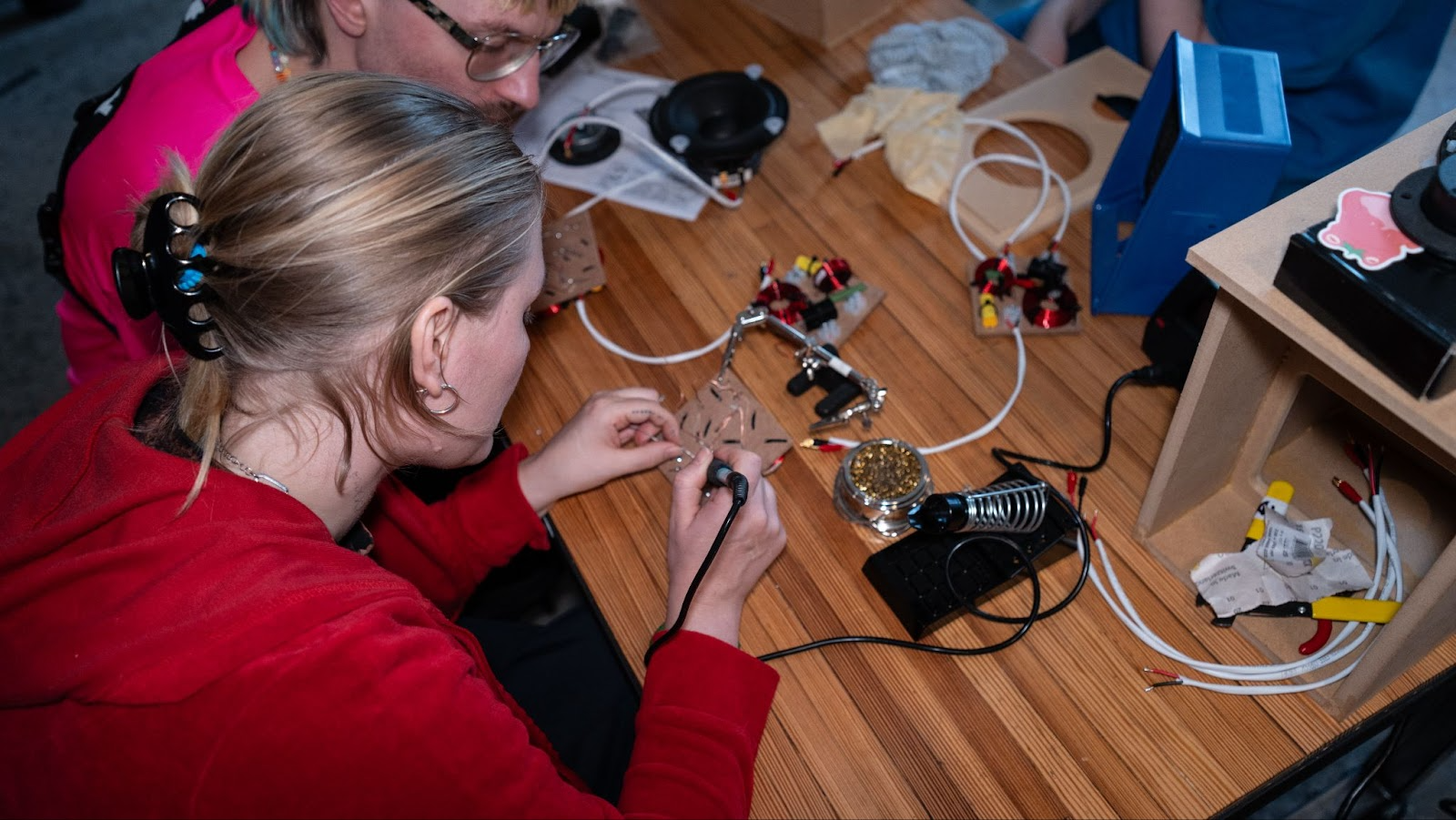
Soldering at a MORPH workshop (photo credit: Airhaert)
How did you guys come up with the concept for the fundraiser, having a mixture of different activities with workshops, talks, and performances? And how do you envision things playing out on the day of the event?
Because we’re such a large collective, we all had different ideas that we were excited about for a fundraiser. Personally, I was really pushing for the workshop side. Other people really wanted to have the music. We’re also going to have some vendors in the main area to make things more accessible, people can drop in there free of charge and see what’s going on. All of the vendors are friends of ours and we love what they do. There’ll be magazines, clothing, records, jewelry, grills, a bunch of different things.
We’ll be doing a raffle as well with some fun prizes. You could win a pair of speakers that we built at our first workshop that were hand-painted by Zephyr, a local Montréal artist who does some really interesting stuff with airbrushes and sculpture. Another one of the prizes will be a custom-made grill for the winner.
In terms of the layout and timing, we’re going to have the workshops and talks on the mezzanine/balcony area, it’s a well-lit spot with some distance from the dancefloor. The day will start with an hour of talks from 2pm to 3pm, then the two workshops will go from 3:30 to 6pm, and the music will be happening from 4:30 to 10pm. The vendors will be around for the whole time. Also, Parquette is now officially a café, so people will be coming in to just get a coffee and we hope they’ll end up participating in the festivities too.
For the music, we’re gonna have a bunch of live sets and many of them are debuts, which is really cool. We’ll start off with the live sets and a performance of a new album from one of the artists, and then we’ll also have DJ sets at the end.
It kind of feels like we’ve put on a mini festival with such a wide range of programming, hahah. And right after the fundraiser ends at 10, the night flows into Humidex, Esse Ran’s album launch. It’s going to be a super fun day.
Could you tell me more about the workshops and talks? What will they be about?
I’ll be doing a workshop with Rian, who’s a professional cabinet maker. I was just at the woodshop with her today and we were cutting the pieces for a kick bin. Kick bins are similar to subwoofers, but they’re generally a little smaller and they focus specifically on the kick range. We have all the parts we need, and we’ll be assembling it on the day of the event in front of everyone. During the workshop, people can come up and help us and ask questions, and we’ll also be explaining the process along the way.
Our second workshop will be hosted by Marilou Lyonnais Archambault, who’s going to show people how to make sound sculptures. The participants will build a circuit that they’ll put into a containment they molded themselves. The material is kind of like clay, and you can create a fun shape out of it. At the end, it’ll turn into a little speaker!
We have three different talks as well. One will be by Alanna Stuart discussing Jamaican versus Canadian sound system culture and talking about her overall experience as someone who’s been around a lot of sound systems in both countries. After that, SIM is going to talk about his concept of a boundary object and how a sound system can bring people together. And then Airhaert is going to be presenting a new project that is related to women in music. She wants to keep it a surprise, so I’ll just leave it at that for now.
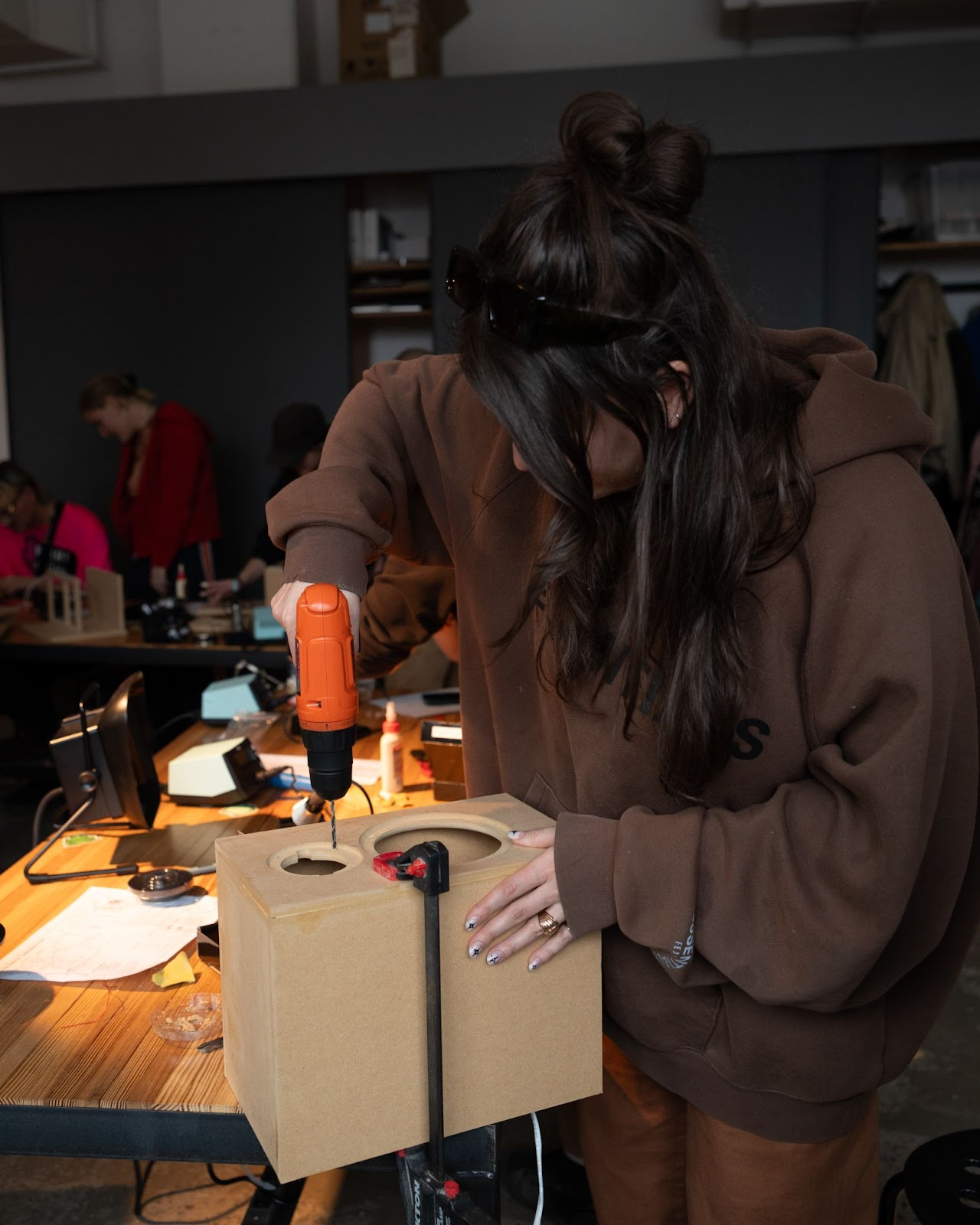
Assembling a speaker cabinet (photo credit: Airhaert)
Are there any similar femme or queer operated sound systems (in Montréal or elsewhere) that you’ve been inspired by in the process of organizing MORPH?
In Montréal, there’s no others that I’m familiar with (yet!). But we’ve been in contact with a few great sound systems around the world. There’s Karlala sound system in New York, which is queer run. The person that’s running it is really nice and they’ve given me loads of advice. There’s also psst mlle from Brussels, Honey Trap Sound System in Australia and Femme Bass Mafia in Berlin, they’re lovely too. All of them are quite similar to us in the sense that they offer workshops on how to build and design sound systems.
Lynette Kamala has also been an amazing mentor to us. She’s a music scholar and artist based in London who has a sound system, she offers workshops too. She was also running one of the first sound systems at Notting Hill Carnival, an iconic Caribbean festival in London. She’s a legend for sure.
It’s cool because we’re connecting with all of these people and in the future, it would be amazing to have some sort of cross-continental things happening in the form of residencies or collaborative events. We eventually want to become a nonprofit and as we grow, we want to contribute to the larger sound system culture.
Have you thought about archiving your events to make things more accessible, like maybe recording workshops or creating written guides on how to build a speaker, for example? What would your ideal balance be between in-person events and things that can be communicated remotely?
That’s definitely something that we’ve spoken about many times, and we’re still thinking about what the best way to do it will be. We thought about recording or streaming the fundraiser on the 11th, but none of us on our team have streaming capabilities figured out with everything else that we already have on our plate. We would also love to have a proper website, it would be really nice for us to have some of our recorded workshops and talks on there plus resources for people who are interested in forming a sound system.
As we’ve been branching out and talking to other sound systems, we’ve realized that we all share a common interest in making knowledge about sound more accessible. A big goal of ours is to create an archive of information related to speaker building to demystify the process and make it easier for people who are just starting off. Currently, you really have to dig for information by asking around and hunting on the back pages of forums. That’s a fun process and you meet a lot of people along the way, but it’s also a bit unfair because if you don’t have any connections in the first place, where would you even start? Also, a lot of information is unfortunately patented and blocked off by speaker companies.
Ideally we want to have open source, accessible knowledge sharing. To get there, we need to create the right framework, something that makes it easy and appealing for people to participate. We think a great starting point will be collaborating with the collectives I mentioned earlier. By putting all of our heads together, we could create a primer on sound system knowledge that can be expanded on as more people gather around the project.
I would imagine that one of your big long term goals is to see other similar sound systems pop up around the world, right?
Yeah, for sure. Because I feel like there’s so much space. And it’s a very collective thing: the more of us there are, there’s a bigger audience, more knowledge being shared, and more resources available. At the end of the day, sound systems are a bunch of micro communities that are also involved in a larger one. And by supporting each other, we’re making the whole community stronger.
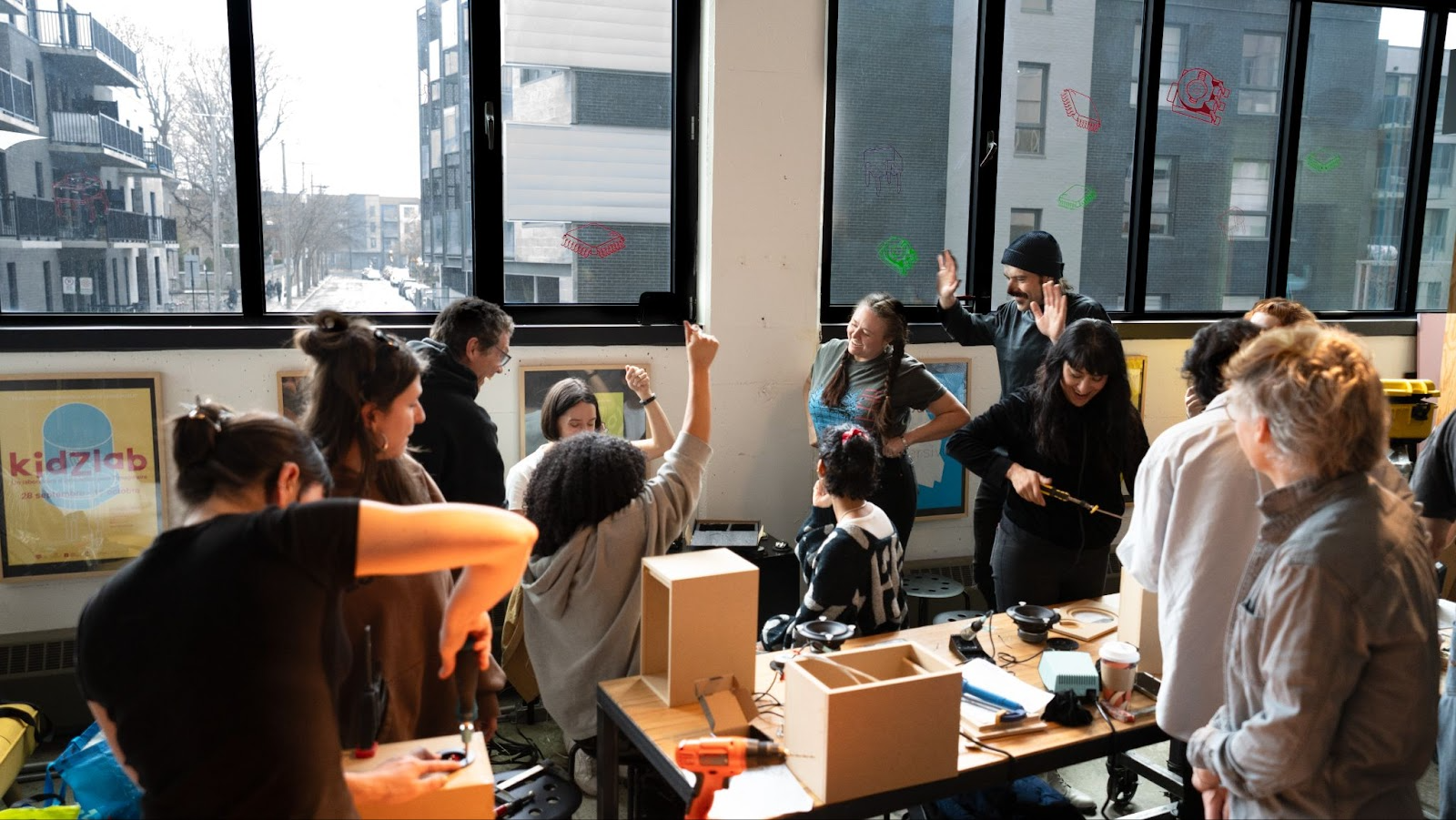
The speakers work! (Photo credit: Airhaert)
In your experience with MORPH so far, what are some of the most interesting or important lessons that you’ve learned?
Before starting MORPH, I was mainly a solo worker. I’d never been a part of any other collectives, and I’m usually alone whenever I make music. Sometimes I’ll do little collabs, go to someone’s studio and work on a track together, but nothing longer term. So this project was definitely outside of my comfort zone. I feel like it’s been really, really rewarding for us to learn how to work together while getting to know each other at the same time and achieving these super cool things.
Like this fundraiser for example, there’s absolutely no way I could have done that on my own. I think that’s been the best learning experience for me, just seeing how great it can be to collaborate and how good it feels to really be creating a community.
What sort of guidance would you give someone who’s looking to start their own sound system?
Don’t do it alone. Reach out to people that are already doing it because my experience so far is everyone has been super kind and willing to share knowledge. Also, don’t rush things. I feel like a sound system is one of those disciplines that you can’t learn super fast, there’s not a lot of info out there and you have to make lots of mistakes before you start to find your way.
It’s a nice change of pace to not feel pressured to achieve things quickly, because as a producer I’ve always felt a bit of pressure to keep up a consistent output of new music and play gigs regularly. But with speaker building, I don’t think that kind of aspect exists within the culture. It’s a process, and you need to respect that.
That makes a lot of sense. The more time you put into laying the foundation, the more longevity it will have.
Yes, exactly.
Interview by Sean Holley
MORPH’s fundraiser is happening from 2-10pm on Saturday October 11th! Stop by to support their mission while enjoying workshops, talks, and live music! The event is also NOTAFLOF, so if cost is a barrier reach out to morphsoundcollective@gmail.com 🙂
